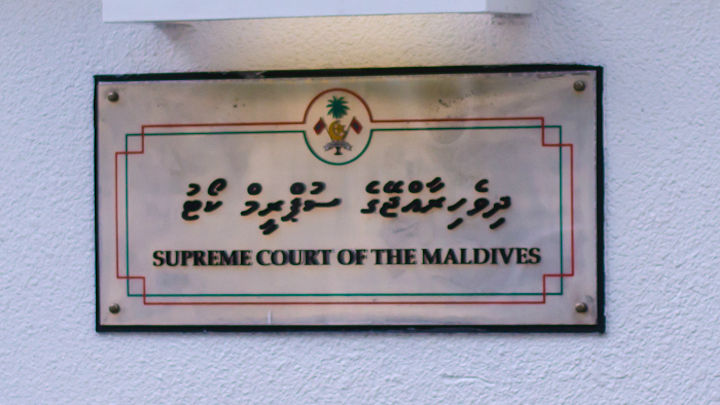Supreme Court to set up ‘judicial academy’
A circular issued by the apex court and signed by Chief Justice Abdulla Saeed yesterday stated that a mechanism for “continuous judicial education” is needed to ensure the right to a fair, impartial, and expeditious trial.

01 Sep 2015, 09:00
The Supreme Court has decided to establish a ‘judicial academy’ to train judges, judicial sector employees, and lawyers.
A circular issued by the apex court and signed by Chief Justice Abdulla Saeed yesterday stated that a mechanism for “continuous judicial education” is needed to ensure the right to a fair, impartial, and expeditious trial.
The court also published regulations governing the academy’s operations. The regulations will, however, come into force on December 1.
The academy’s highest authority will be a seven-member advisory council comprised of the chief justice, a Supreme Court justice, the High Court chief judge, the judicial administrator, a trial court judge, a legal scholar from either the national university or Islamic university of Maldives, and the academy’s chancellor.
Become a member
Get full access to our archive and personalise your experience.
Already a member?
Discussion
No comments yet. Be the first to share your thoughts!
No comments yet. Be the first to join the conversation!
Join the Conversation
Sign in to share your thoughts under an alias and take part in the discussion. Independent journalism thrives on open, respectful debate — your voice matters.




